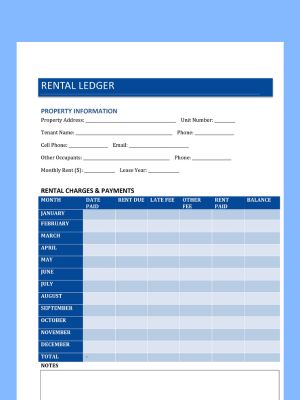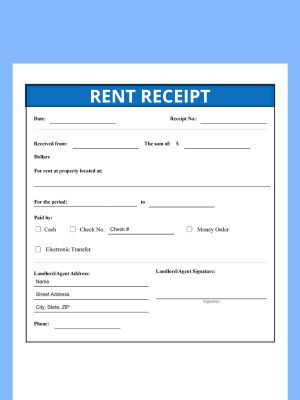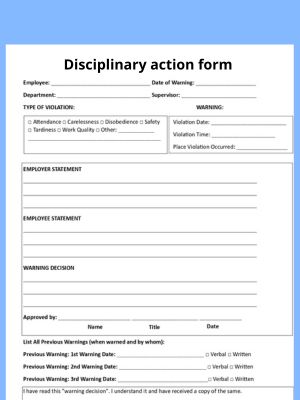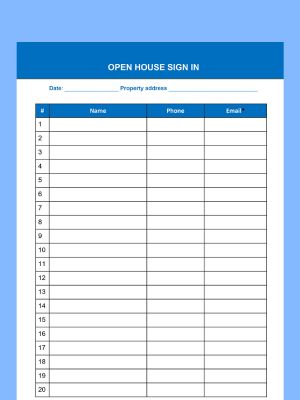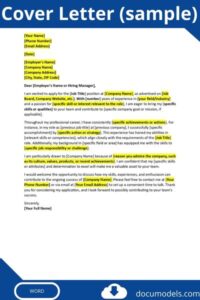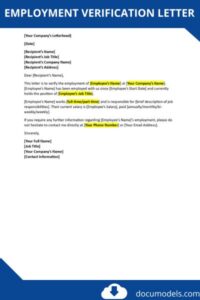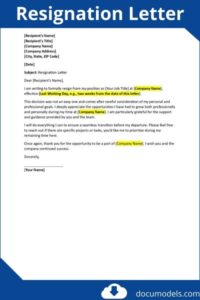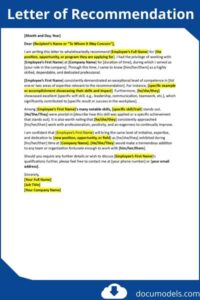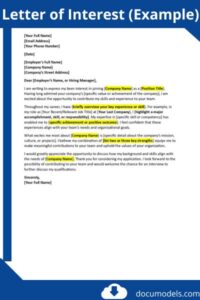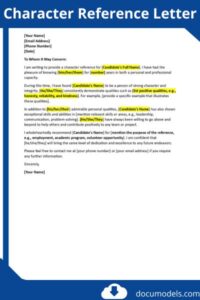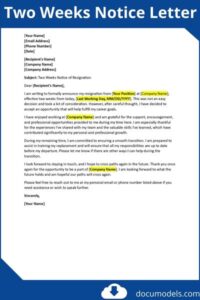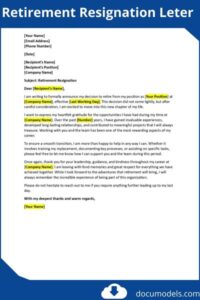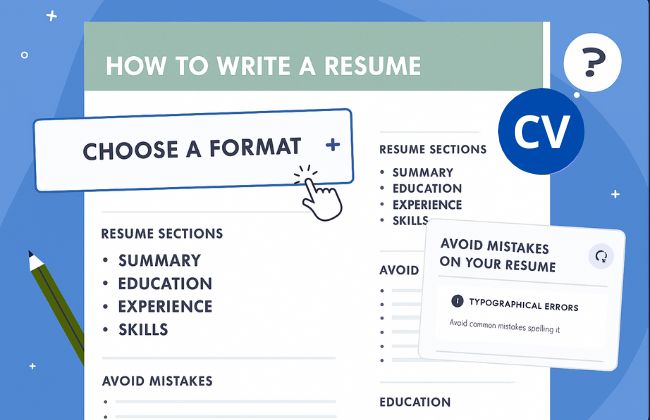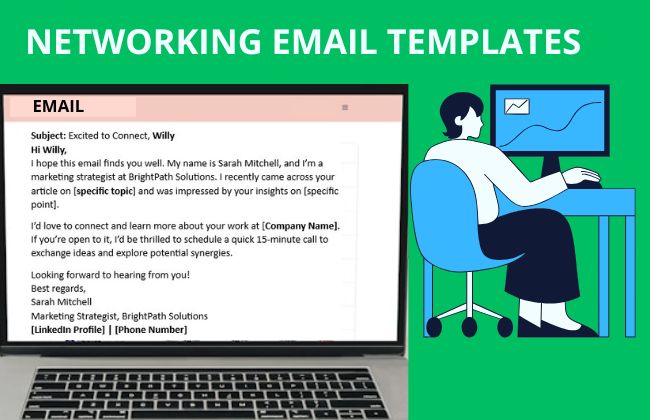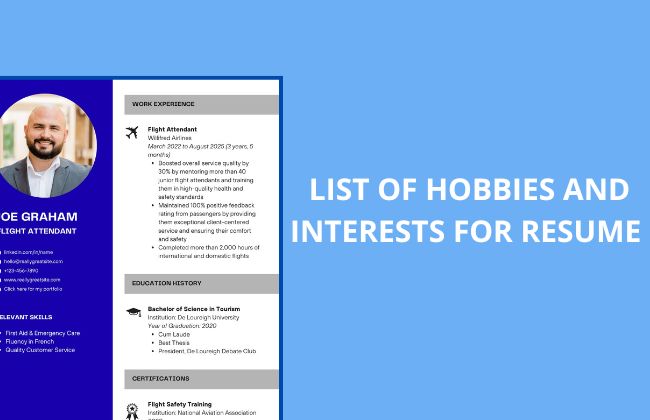Professional Document Templates Made Simple
Access hundreds of editable templates in PDF, Word, and Excel
Browse Templates
Explore our extensive collection of ready-to-use templates for letters, legal forms, business documents, and more. Save time and ensure professionalism with our editable formats.
Formats
Digital formats that include proposals, reports, invoices, and operational documents to optimize your workflows.
Letters
Professional and personal correspondence templates for every situation – from resignation letters to thank-you notes, cover letters, and formal requests.
Legal
Comprehensive legal templates and forms for agreements, contracts, and essential legal documentation needs.
Blog
In the blog, we provide helpful articles, guides, and tips to help users create, understand, and review different types of documents.
About Docu Models
Welcome to Docu Models – your comprehensive destination for professional document templates that simplify your personal and business documentation needs. Whether you’re drafting a business proposal, creating a legal contract, or writing a formal letter, our extensive collection of editable templates saves you time while ensuring professional quality results.
Our platform offers hundreds of carefully designed templates covering every aspect of document creation. From business correspondence and formal letters to comprehensive contracts, meeting minutes, application forms, and specialized documentation, we provide the tools you need to communicate effectively and professionally.
What sets Docu Models apart is our commitment to versatility and ease of use. Our templates are designed for reusability, meaning you can create personalized forms for contracts, proposals, business letters, and more that can be easily modified and filled out whenever you need them. This approach streamlines your workflow and maintains consistency across all your documents.
Whether you’re a small business owner, legal professional, student, or individual managing personal affairs, Docu Models empowers you to create polished, professional documents in minutes rather than hours.
Formal Letters
A formal letter is a document written in a professional and structured format for an official purpose. Unlike casual notes to friends, these letters follow specific rules of language, layout, and etiquette. They are used for communication with individuals or organizations you don’t know personally.
The primary goal of a formal letter is to convey information clearly and respectfully. It serves as an official record of communication. Common scenarios for using a formal letter include job applications, business inquiries, academic requests, and official correspondence with government agencies or companies.
Key Characteristics of Formal Letters
Formal letters stand out due to their structured format and language choices. These elements ensure the message is professional and easy to understand.
Below are the main characteristics:
- Structure and Layout: Formal letters follow a standard format, including a sender’s address, date, recipient’s address, salutation, body, closing, and signature. This creates a clear hierarchy, making the letter scannable.
- Language and Tone: Use precise, formal vocabulary without slang, contractions (e.g., say “do not” instead of “don’t”), or abbreviations. The tone remains neutral, courteous, and objective—avoid personal anecdotes unless relevant.
- Length and Conciseness: Keep it brief, typically one page (300-500 words). Focus on essential points without unnecessary details to respect the reader’s time.
- Punctuation and Grammar: Employ full sentences with proper grammar. Use formal punctuation, such as colons after salutations (e.g., “Dear Mr. Smith:”).
- Objectivity and Politeness: Base arguments on facts, and always include polite phrases like “I would appreciate your assistance” to foster positive responses.
Types of Formal Letters
Formal letters can be categorized based on their purpose. Knowing these types will help you tailor your content to fit the specific situation.
- Business Letters: Used for commercial purposes, such as proposals or orders. Example: A letter requesting a quote from a supplier.
- Cover Letters (or Application Letters): Accompany resumes for job applications, highlighting qualifications. Example: Submitting your skills for a marketing role.
- Complaint Letters: Address issues like poor service or defective products, seeking resolution. Example: Complaining to an airline about a delayed flight.
- Inquiry Letters: Seek information or clarification. Example: Asking a university about admission requirements.
- Resignation Letters: Notify employers of your departure professionally. Example: Announcing your intent to leave after two weeks.
- Recommendation Letters: Endorse someone’s abilities for jobs or schools. Example: A professor recommending a student for graduate studies.
- Thank-You Letters: Express gratitude in professional contexts. Example: Following up after an interview to thank the hiring manager.
Contract and Agreement Templates
A contract and agreement template is a standardized, fill-in-the-blank document that outlines the terms and conditions of a particular legal relationship. Think of it as a blueprint for your agreement. It contains the essential legal language and clauses common to that type of contract, leaving specific details—like names, dates, and payment amounts—for you to fill in.
They bridge the gap between needing a professional contract and the high cost or time commitment of hiring a lawyer to draft one from the ground up. For small businesses, freelancers, and startups, templates are a practical way to establish clear expectations and create legally binding arrangements.
Benefits of Using Templates
Using contract and agreement templates offers numerous advantages, especially for those without legal expertise. They streamline the process and minimize risks. Below, we’ll explore the key benefits in detail.
Time and Cost Savings
- Efficiency: Templates eliminate the need to write documents from zero, often reducing drafting time from hours to minutes.
- Affordability: Free or low-cost templates (starting at $0–$50) are cheaper than hiring a lawyer for every minor agreement, which could cost $200–$500 per hour.
Reduced Errors and Legal Risks
- Standardized Language: Templates use proven legal phrasing to avoid ambiguities that could lead to disputes.
- Compliance Assurance: Many include updates for current laws, such as data privacy regulations (e.g., GDPR in Europe or CCPA in California).
Customization and Flexibility
- Templates are editable, allowing you to tailor them to specific needs without reinventing the wheel.
- They promote consistency across multiple agreements, which is crucial for businesses handling repetitive contracts like NDAs or service agreements.
Enhanced Professionalism
- A well-structured template makes your agreements look polished, building trust with clients or partners.
- For freelancers or startups, this can level the playing field against larger entities.
Types of Contract and Agreement Templates
There are countless types of templates, categorized by industry, purpose, or complexity. For beginners, starting with common ones helps build familiarity. We’ll group them into major categories with examples.
1. Business and Commercial Templates
These are used in professional settings for transactions and partnerships.
- Service Agreement Template: Outlines services provided, payment, and timelines (e.g., for consultants or IT support).
- Sales Contract Template: Details the sale of goods, including warranties and delivery terms.
- Partnership Agreement Template: Defines roles, profit sharing, and exit strategies for business partners.
2. Employment and HR Templates
Focused on workforce management.
- Employment Contract Template: Covers job duties, salary, benefits, and termination clauses.
- Non-Disclosure Agreement (NDA) Template: Protects confidential information shared with employees or contractors.
- Independent Contractor Agreement Template: Distinguishes contractors from employees to avoid tax issues.
3. Real Estate and Property Templates
For property-related dealings.
- Lease Agreement Template: Specifies rent, duration, and maintenance responsibilities for rentals.
- Purchase Agreement Template: Used for buying/selling property, including contingencies like inspections.
4. Personal and Miscellaneous Templates
For everyday or non-business use.
- Loan Agreement Template: Documents borrowed money, interest rates, and repayment schedules.
- Non-Compete Agreement Template: Restricts competition after ending a relationship (e.g., post-employment).
- Settlement Agreement Template: Resolves disputes out of court.
Business Forms and Templates
Running a business involves managing a massive amount of information. From tracking sales and expenses to onboarding new employees, data is the lifeblood of your operations. The way you collect, organize, and use this data can significantly impact your efficiency and success. This is where business forms and templates come in, serving as the foundational tools for streamlined processes and consistent communication.
Key Features of Effective Business Form Templates
Not all templates are created equal. An effective business form template is more than just a document with blank spaces; it’s a carefully designed tool that makes work easier for both the person filling it out and the person processing it.
1. Professional Design
A template represents your brand. It should include your company logo, use your brand colors, and feature a clean, professional layout. This consistency reinforces your brand identity and builds trust with clients, partners, and employees.
2. Essential Fields Only
A common mistake is trying to collect too much information. Effective templates include only the fields that are absolutely necessary for the task at hand. Every extra field increases the time it takes to complete the form and can frustrate the user. Regularly review your forms to see if any fields can be removed.
3. User-Friendly Format
The format should match the context. For digital forms, this means using easy-to-click checkboxes, dropdown menus, and logically sized text boxes. For printed forms, it means providing enough space to write clearly. The goal is to make the data entry process as smooth as possible.
4. Room for Customization
While templates provide standardization, they should also allow for some flexibility. For example, an invoice template might have a section for “Notes” where you can add project-specific details. This adaptability ensures the template can be used in various situations without needing a complete overhaul.
FAQs
Docu Models streamlines your document creation process by providing professionally designed, ready-to-use templates for all your personal and business needs. Our comprehensive collection saves you valuable time while ensuring consistent, professional results across letters, contracts, forms, and specialized documents.
Our templates are available in three versatile formats: Microsoft Word (.docx) for full editing capability, Excel (.xlsx) for data-driven documents, and PDF for universal compatibility and printing purposes.
Pre-designed templates eliminate formatting guesswork, ensure professional appearance, maintain consistent branding, reduce creation time from hours to minutes, and provide proven document structures that enhance communication effectiveness and legal compliance.
Browse our organized categories (Letters, Legal, Business), review template previews, consider your specific purpose and audience, and choose based on the level of formality and detail required for your particular situation.
Yes, all templates are available for download in multiple formats including Word (.docx), Excel (.xlsx), and PDF, giving you flexibility to choose the format that best suits your editing and sharing needs.
Absolutely not. All templates on Docu Models are completely free to download and use. There are no hidden fees, subscription requirements, or premium versions – everything is accessible at no cost.
No download restrictions apply. You can download unlimited templates across all categories without any daily, monthly, or total limits. Access our entire collection as often as needed for your projects.




